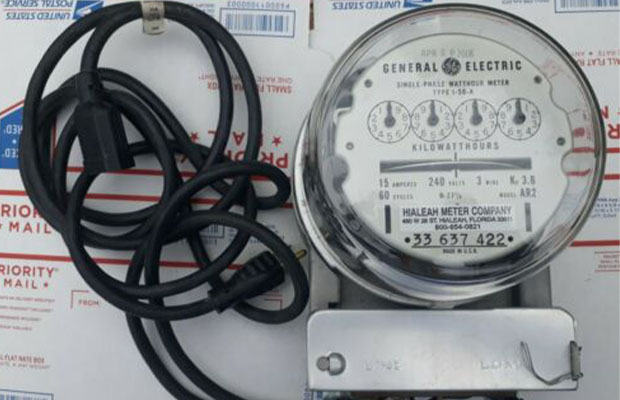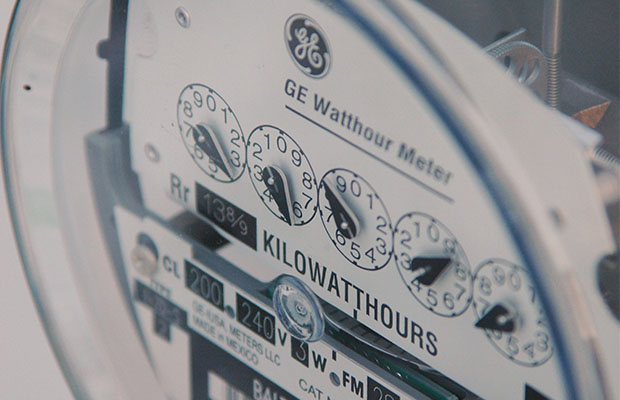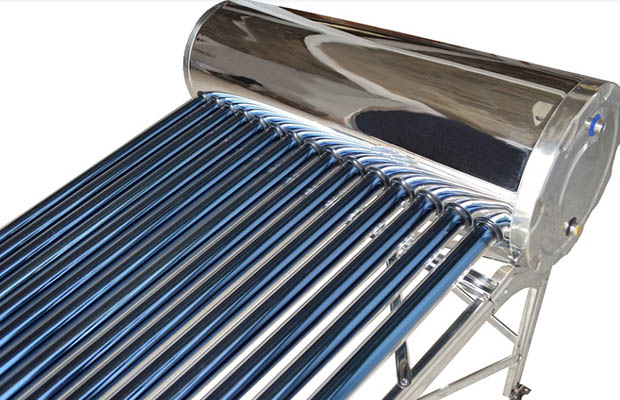We describe the capacity of the majority of our products using Watt Hours, as you may have noticed. The concept of a Watt Hour is unfamiliar to many of us. Consequently, I’ll give a succinct description of it here.
The term “watt-hour” (Wh) refers to the amount of energy contained in one watt of electricity used for one hour. The watthour is frequently used in electrical applications even though it is not a formal standard unit in any system.
Continue reading and learn more about watt and watthour.
Table of Contents
What Is A Watt?
A watt (W) is a unit of power, and power is the rate at which energy is produced or consumed. A unit of measurement for electrical flow is the watt. A big flow or a small flow is required for an electrical device to function? For instance, a 100 W light bulb consumes energy more quickly than a 60 W bulb, which means the 100 W light bulb requires a larger “flow” of energy to operate. The rate at which your solar energy system “flows” power into your home is also measured in watts.
The Enphase App shows the most recent and daily peak power generation for your system in kW, or 1,000 W.
What Is A Watthour?
A watt-hour (Wh) is a unit of energy; it’s a way to measure the amount of work performed or generated. It takes energy in the form of electricity to power household appliances and other electrical devices to do their “work.” Kilowatt-hour (kWh), or 1,000 watt-hours, is the unit of measurement used by utilities to calculate your electrical energy bill. Your utility may give you credit for any extra generation, which will also be expressed in kilowatt-hours, depending on the terms of your interconnection agreement.
Your microinverter system’s energy output is shown in watt hours on the Enphase App. For instance, an Enphase microinverter system could produce 400 kWh (amount) in September (duration). Since 400 kWh equals 400,000 Wh, a kilowatt-hour (kWh) is 1,000 Wh. The Enphase App occasionally shows energy as megawatt-hours (MWh), which is equal to one million watt-hours.

Different Between Watt And Watthour
In a nutshell, watt-hours measure energy amounts over a predetermined amount of time, and watts measure rates of power at a specific instant.
Speed and distance are two frequent comparisons for watts and watt-hours. Distance, or how far you drive over time, is measured in watt-hours, whereas speed is measured in watts, or how fast you drive at a specific moment in time. For instance, if you drive continuously at 60 mph for one hour, you will have covered 60 miles.
Similar to this, a 60 W light bulb will have consumed 60 Wh of energy after being on for an hour. The 60 W light bulb will have used 120Wh of energy after being on for two hours.
Kilowatt-hour
Kilowatt-hour (kWh) is a unit of energy that you’ll frequently see on energy bills as well as in descriptions of solar panels, wind turbines, battery banks, and other energy-related products.
A kilowatt-hour is just a higher level of measurement appropriate for bigger capacity devices; it is equal to 1,000 watt-hours.
Kilowatt-hours can be calculated by using the formula kWh = Watt-hour x 1,000.
Read More: Solar Panel Connectors Types Guide





